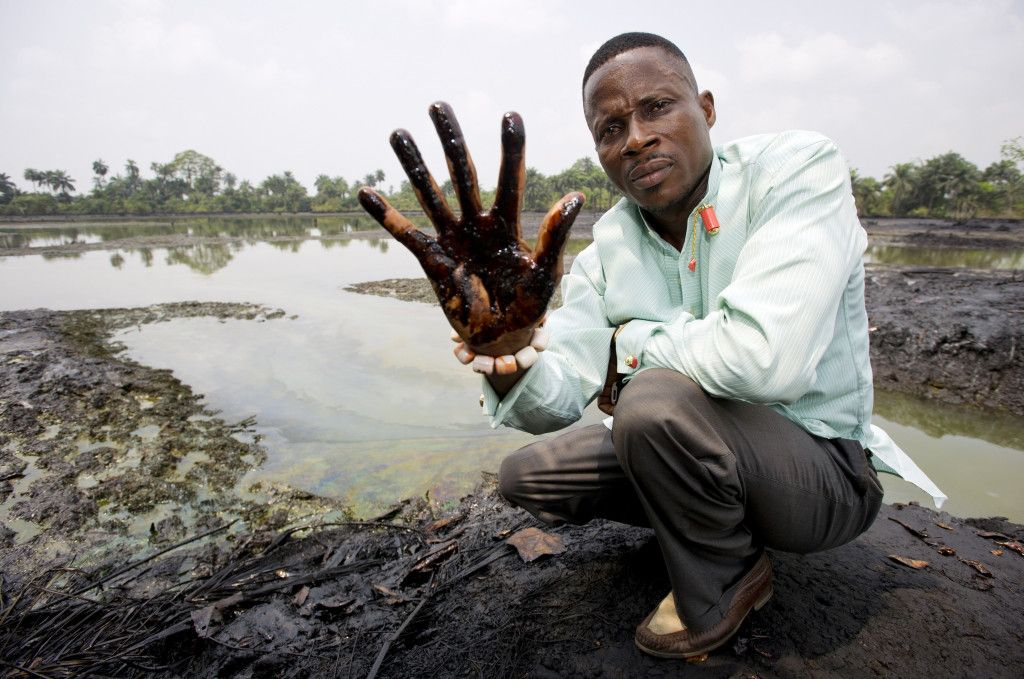
Oil giant Shell in Dutch court over climate
Shell are in court today in the Netherlands in the first day of a case which could see them have to get out of fossil fuels altogether. Shell is the second biggest oil company in the world and around the globe it is responsible for twice as much carbon dioxide emissions as the country it is based in, the Netherlands.
And, despite knowing about the role of fossil fuels in climate change for decades, despite the targets signed off in the Paris Agreement of 2015, the company is still investing in expanding production and has actively tried to block action on the climate crisis.
Shell must change course
In April 2018 our sister Friends of the Earth group in the Netherlands and six other organisations announced they would take Shell to court if it did not change course. In April 2019 the court case began, and it is now backed by over 17,000 ordinary citizens as co-plaintiffs. There are expected to be four days of hearings this month with a judgement from the court expected in January.
One of the reasons this case is raising so much excitement is because, just under a year ago, the Dutch Supreme Court upheld a previous court ruling that the Dutch government must urgently reduce climate emissions in line with its human rights obligations.

This ‘Urgenda Climate Case’ was the first time anywhere in the world that a group of citizens proved that their government has a legal duty to cut emission and the UN’s Special Rapporteur on Human Rights and the Environment called the ruling “a huge victory for billions of people vulnerable to the devastating impacts of the climate crisis and a timely nail in the coffin of the fossil fuel industry.”
We are several years into the crucial decade to reduce emissions enough to keep the world’s final temperature rise below the critical 1.5ºC threshold. That would be a big enough challenge without Shell continuing to look for new fossil fuels and planning to open up new sources of oil and gas until at least 2030, with no firm end date in sight.
‘Abrogation of responsibility’ by big polluters
Shell might tell you it is already diversifying but over 95% of its investments go into oil and gas production. It is also investing in disinformation. In the three years since the Paris Agreement the five largest publicly-traded oil companies have spent $1bn on “misleading climate-related branding” and lobbying to delay and weaken action on climate change. Shell was the second biggest spender after BP.
Like the rest of the oil industry, Shell will tell you about its plans to reduce emissions caused by extracting and refining oil into road fuels but it takes no responsibility at all for the 85% of emissions that result from people using its petrol and diesel. We should no longer allow this outrageous abrogation of responsibility by any company or sector, especially those whose business model threatens our very lives.
Every oil company in the world will be nervously watching what happens in the Netherlands today. If the world’s second largest oil company can be forced into a massive change of strategy, it spells the eventual end for all of them.
A version of this article appeared in The Scotsman on Tuesday 1st December. Dr Richard Dixon is Director of Friends of the Earth Scotland.
